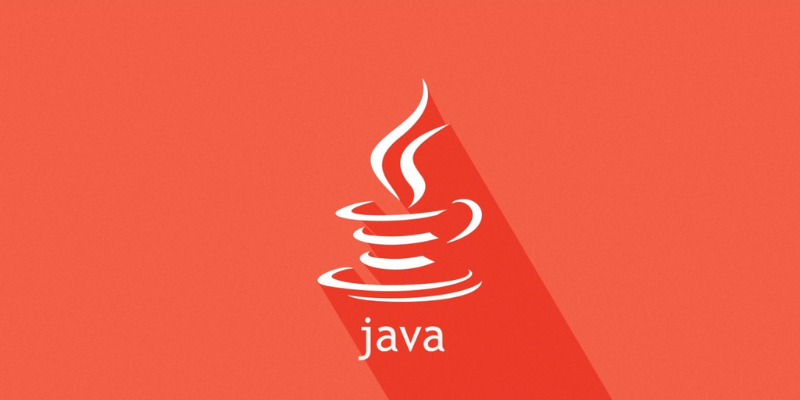
The Internet of Things (IoT) is a rapidly growing industry that involves connecting devices to the Internet and integrating them with other devices to provide a seamless user experience. Java has been a popular programming language for IoT development due to its versatility, scalability, and security. In this blog, we will explore the role of Java in IoT development and how it helps in creating smart and connected devices. Java Courses in Coimbatore offers specialized training programs focused on IoT development using Java, equipping individuals with the skills and knowledge needed to thrive in this innovative field.
Platform Independence
One key benefit of using Java for IoT development is its platform independence. Java programs can run on any platform that has a Java Virtual Machine (JVM) installed, regardless of the underlying hardware and operating system. This makes it easier to develop and deploy IoT applications on a wide range of devices, including sensors, gateways, and servers.
Scalability
IoT devices generate a massive amount of data, and Java’s scalability makes it an ideal choice for handling large datasets. Java applications can be easily scaled up or down based on the size of the data set, making it easier to manage and process information from a wide range of devices.
Security
Security is a critical aspect of IoT development, as connected devices are vulnerable to cyberattacks. Java’s built-in security features, such as its Security Manager and its ability to run code in a secure sandbox, make it a reliable choice for developing secure IoT applications. Additionally, Java’s support for encryption and digital signatures helps protect data as it is transmitted between devices. Java Training in Hyderabad offers comprehensive training programs on Java development, including security aspects, enabling developers to leverage Java’s features effectively in building secure IoT solutions.
Rich Libraries and Frameworks
Java has a vast collection of libraries and frameworks that can be used to develop IoT applications quickly and efficiently. These libraries and frameworks provide developers with ready-made solutions for common IoT tasks, such as data processing, device management, and communication protocols. Some popular Java libraries and frameworks for IoT development include Eclipse IoT, Spring IoT, and JavaFX.
Interoperability
IoT devices often use different communication protocols and data formats. Which can make it challenging to integrate them with other devices. Java’s ability to interact with a wide range of communication protocols, data formats, and devices makes it easier to develop interoperable IoT applications. This interoperability is crucial for creating a seamless user experience and enabling devices to communicate with each other seamlessly.
Java has emerged as a popular programming language for IoT development. Thanks to its platform independence, scalability, security, rich libraries and frameworks. As the IoT industry continues to grow. Java is likely to remain a reliable choice for developing smart and connected devices. Java Course in Pondicherry offers comprehensive training programs on Java programming language, equipping aspiring developers with the skills and knowledge needed to excel in IoT development and other software domains.
